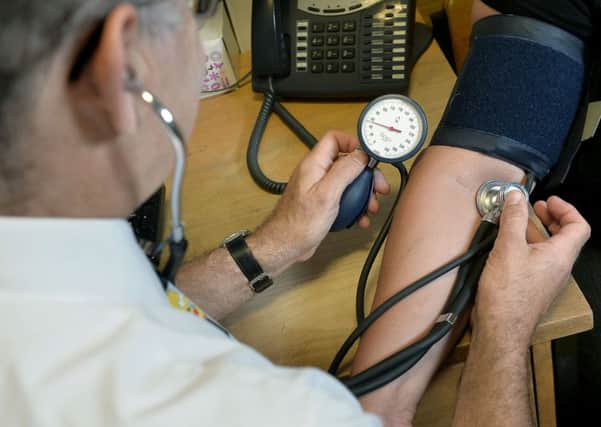GP surgeries in Scarborough and Ryedale could be getting £1.5m each year for thousands of ‘ghost patients’


The NHS Counter Fraud Authority recently launched a national probe into so-called ghost patients, for which practices still get funding even though they may have left the area or died.
The latest Office for National Statistics data shows an estimated 112,300 people live in the NHS Scarborough and Ryedale CCG area, but around 120,900 patients were registered with GP surgeries at the start of June.
This means around 8,600 (7%) could be ghost patients.
Advertisement
Hide AdAdvertisement
Hide AdThe ONS estimate was published in 2017, so some of the disparity could be down to changes in the local population.
But it is extremely unlikely that this accounts for all the excess patients, as the average yearly population growth for the area was just 0.3% between 2012 and 2017.
The NHS paid an average of £169.86 per registered patient in the 2017-18 financial year.
Based on this figure, GP surgeries in Scarborough and Ryedale could currently be receiving around £1.5m for ghost patients each year.
Advertisement
Hide AdAdvertisement
Hide AdThe NHS Counter Fraud Authority estimates that up to £88 million was incorrectly claimed by GPs across England in the 2017-18 financial year.
A spokesperson for the organisation said previous analysis had identified a discrepancy between the number of people registered at GP surgeries and the population.
They added: “Our priority this year will be to assess whether these discrepancies remain, and if they do, conduct further analysis to establish their nature and whether part of this is due to fraudulent activity or not.”
But Professor Helen Stokes-Lampard, chair of the Royal College of GPs, said: “The insinuation that GPs – some of the most trusted professionals in society - are complicit in defrauding the health service is shocking and will be incredibly hurtful for hard-working GPs and their teams, who are struggling to deliver care to more than 1 million patients a day across the country, with insufficient time, resources or workforce to do so.”
She said it is important to make sure patient lists are kept up-to-date, adding that “so-called ghost patients” are nothing sinister, but the result of a “records management issue”.